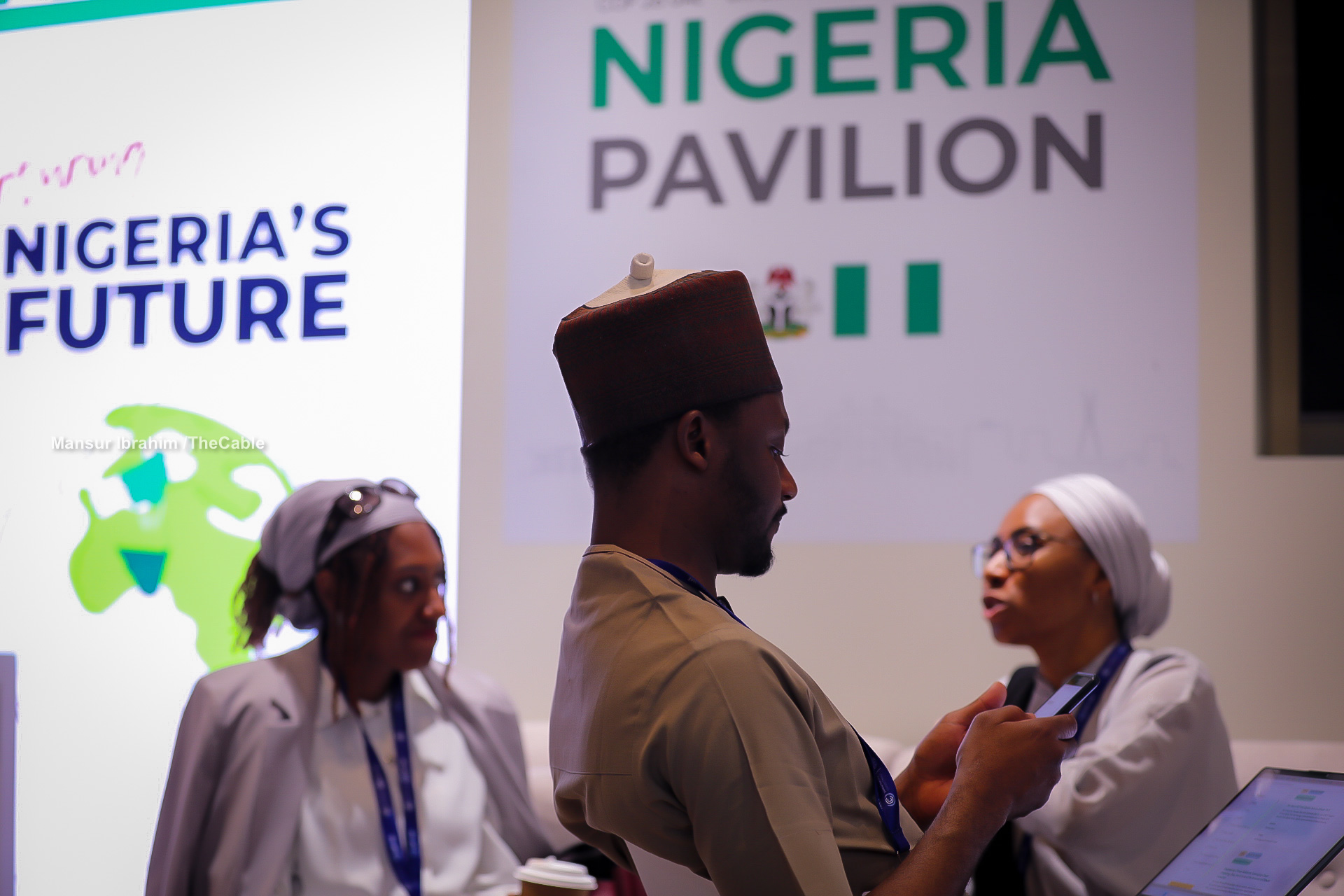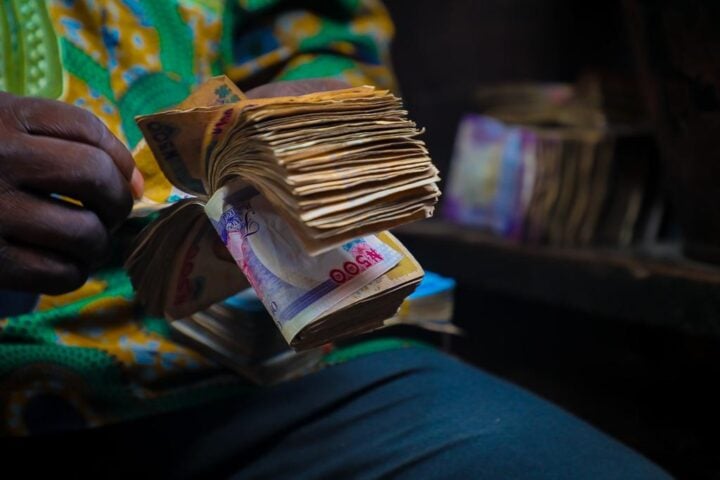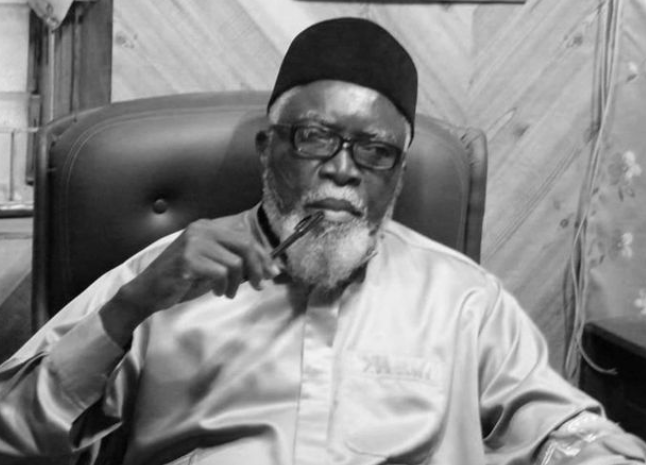BY ULOMA ONYEMACHI
During the recently concluded COP28 summit in Dubai, Nigeria’s delegation size reportedly stood at 1,411 persons. The development has since sparked widespread criticism from Nigerians. The number of delegates is a stark contrast to the United States, a major economy, which had only 159 delegates.
The Nigerian presidency refuted the claims in response to the allegation, asserting that only 590 delegates were officially on the trip, while the remaining 821 were “overflow” participants. The reported cost of facilitating this delegation is estimated at ₦880 million taxpayers’ money.
This development comes when Nigeria grapples with an economic crisis triggered by removing the fuel subsidy and other not-well-thought-out policies. To alleviate the hardship, the federal government must redirect financial resources allocated for such trips toward implementing impactful strides, such as sustainable social welfare programs and job creation initiatives.
Advertisement
According to a report by the World Poverty Clock, 32 percent of Nigerians are living in extreme poverty. This alarming statistic underscores the urgency for the Nigerian government to cease spending taxpayers’ money extravagantly.
Such scarce public funds could fund initiatives like skill acquisition and empowerment programmes, grants, and loans to small and medium-scale enterprises to uplift the lives of many struggling Nigerians. The economic crisis has increased existing vulnerabilities, making it imperative for the government to adopt a more prudent and empathetic approach to resource allocation. These initiatives will effectively address the pressing socio-economic challenges confronting the nation.
The presidency should undertake a comprehensive reassessment and reprioritization of government spending, channelling resources away from less critical areas—specifically, mitigating the excesses associated with delegation sizes—and redirecting them towards initiatives that promise immediate and tangible societal benefits.
Advertisement
A pivotal part of this change involves developing and implementing strategic economic management plans. The design of these plans must navigate the multifaceted challenges, notably the economic crisis caused by the removal of the fuel subsidy. President Tinubu pledged a salary increase in his Independence Day message on October 1, 2023, offering hope to the low-earning government workers. However, this promise is yet to be fully delivered.
The government must institute and fortify robust financial reporting mechanisms, ensuring high government expenditure transparency. This process entails the establishment of regular and comprehensive disclosures on budget allocations, detailed breakdowns of expenses, and explicit justifications for significant expenditures. Implementing such transparent practices is not merely a procedural formality but a fundamental stride toward building public trust and fostering governmental accountability.
The 2024 Nigerian budget must transcend mere financial figures, aspiring to instil a palpable sense of hope in Nigerians. The Nigerian government should take a cue from Malawi’s president, Lazarus Chakwera, who imposed a self-ban on himself and restricted his government from embarking on foreign trips. This decisive move aims to conserve funds to address the country’s economic challenges. It serves as a noteworthy example of leadership commitment to fiscal responsibility.
The way to go is to implement stringent cost-saving measures, such as limiting unnecessary foreign trips and reallocating resources to more productive causes. For instance, giving business grants to local small and medium-sized enterprises would contribute significantly to economic stability.
Advertisement
Every money spent should make meaningful differences, directly contributing to the well-being of citizens. Redirecting public resources from funding irrelevant foreign trips is a financial adjustment and a commitment to prioritize the country’s financial stability that must happen. By channelling resources efficiently, the government can address critical areas like healthcare, education, and infrastructure, fostering an environment conducive to inclusive and sustainable development.
Uloma Onyemachi is a writing fellow at African Liberty.
Views expressed by contributors are strictly personal and not of TheCable.
Add a comment






